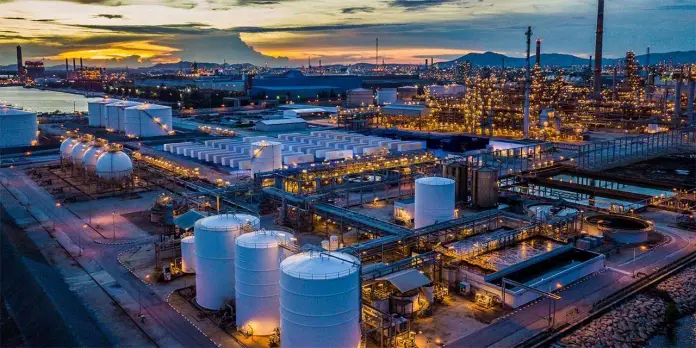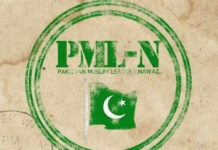Pakistan is going through a period of turmoil, which many say may end in an economic catastrophe. In recent days and weeks, experts frequently given their opinion on how to get the country out of the conundrum it finds itself in.
Pakistani-American economist Atif Mian believes Pakistan’s economy in deep crisis. In a thread on Twitter, he said that the spread on the dollar debt was currently at a level where it only mattered to speculators, effectively cutting off the country from private financial markets. The rupee, he said had lost 20% of its value in three months, and the current account was still negative, and there were still unpaid dollar rollovers.
He said that the dreaded “doom loop” of financial markets constraining the actual economy would only worsen if assistance was not provided, starting with the IMF. He said that Pakistan had left itself completely at the mercy of foreign assistance.
He further criticized the oil pricing policy and said that Pakistan sold some of the cheapest oil in the world on the local market even as oil prices rose. The PTI administration started to subsidize it and cut the price locally, he added.
He further said that there could have been better China-Pakistan cooperation but CPEC was poorly designed by the authorities. He questioned how could a country like Pakistan put on such huge foreign liabilities, essentially to fund domestic consumption?
Academic affiliated with Harvard University and CERP Pakistan, Asim Ijaz Khwaja, also shared his thoughts and said that the current situation was not unprecedented and was not a national emergency.
He said that we were not approaching absurdly high debt levels. Debt-to-GDP ratios had increased, although the current levels were neither unusual nor concerning, he said. India and the US both had debt-to-GDP ratios above 130 percent, he pointed out.
He argued that what mattered was what one did with the money, not how much was borrowed.
He further added that the focus should mainly be on raising productivity in everything that we did as individuals and as a nation.
According to the CEO of Islamabad-based research think tank Tabadlab, Mosharraf Zaidi, the most important next steps for stability would be securing loans and grants from Saudi Arabia, China, and the United Arab Emirates.
According to Zaidi, “These three partners had previously been more passionate backers of Pakistan’s economic stability than they are now.” He emphasized that Pakistan would need to win back the trust of Beijing, Abu Dhabi, and Riyadh.
He also questioned whether the Shehbaz Sharif administration may find it more challenging to deal with all of this as political instability became a greater concern.
Furthermore, according to director of the Pakistan Initiative at the South Asia Center of the Atlantic Council, Uzair Younas, the IMF agreement “provides some level of comfort to the market that the country will have the necessary support from the IMF, and by extension from other multilateral and bilateral creditors, to meet its financing needs in the coming weeks.”
Younas, while talking to Nikkei Asia, stated that it was crucial to implement further policies to restrain growth and reduce the current-account imbalance. To slow down the economy’s dollar needs, he said, the government “had to proactively construct buffers and limit aggregate demand in the economy”.
Regarding CPEC, Atif Mian’s views are not agreed upon by all. According to political economist, Shakeel Ahmed Ramey, CPEC was the most important factor to save Pakistan’s economy and he believed that if handled well, it could be a game changer.
He said that after the first phase of CPEC was successfully finished, the second phase was presently underway. Establishing connections amongst businesses was the second phase, he added.
He further added that we must make it easier for foreign companies to want to invest in Pakistan given the Russia-Ukraine conflict and the approaching global recession. A crucial entity that acted as a liaison between international investors and regional businesses was the CPEC Authority.
He added that Special Economic Zones would be crucial in developing the nation’s labor market.







